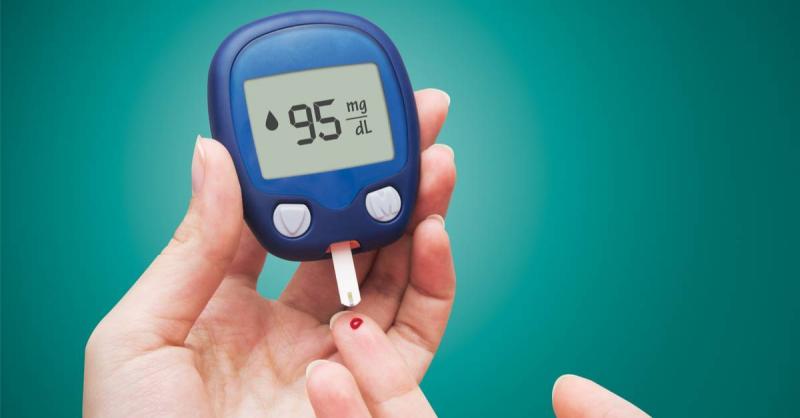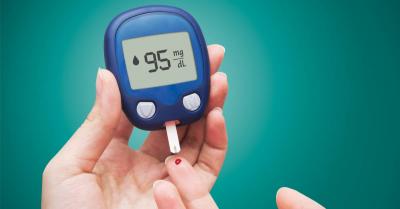New research results indicate that a father with type 1 diabetes is 1.8 times more likely to pass the disease to his children compared to a mother with the same condition, who offers long-term protection against it. The findings open the door for the development of new methods for preventing type 1 diabetes. According to New Atlas, type 1 diabetes occurs when the body's immune system attacks the pancreas, leading to little or no insulin production. A combination of genetic and environmental factors, such as viruses, is believed to lead to the disease, which usually occurs in childhood but can also develop in adults.
### Diabetes During Pregnancy
The new study, the largest of its kind, led by researchers from the universities of Cardiff and Exeter in the UK, found that children are almost twice as likely to develop type 1 diabetes when the father has the condition compared to when the mother does. Their results suggest that being diagnosed with type 1 diabetes during pregnancy provides long-term protection for offspring against this condition.
### Relative Protection
Dr. Laurie Allen from the Diabetes Research Group at Cardiff University stated that individuals with a family history of type 1 diabetes are 8-15 times more likely to develop the autoimmune condition. However, studies have shown that the risk is higher if the affected relative is the father rather than the mother. He added that previous studies indicated that type 1 diabetes in the mother is linked to relative protection against type 1 diabetes in offspring during early life, but it was necessary to discover whether this relative protection from the mother was limited to childhood.
### Results of Five Studies
The researchers conducted a meta-analysis including results from five studies containing data on individuals with type 1 diabetes and their parents. For a total of 11,475 participants diagnosed with type 1 diabetes between zero and 88 years of age, the researchers compared the incidence between affected fathers and mothers. They also examined whether this comparison was influenced by the age at diagnosis and the timing of the parent's diagnosis relative to the child's birth. The researchers compared the genetic risk scores of individuals with parents who had type 1 diabetes, using over 60 different genes known to be associated with the condition. They found that individuals with type 1 diabetes were 1.8 times more likely to have a father with the disease than a mother, regardless of whether the person was diagnosed in childhood or adulthood.
### Long-Term Influence of the Mother
Dr. Allen remarked that the combined results suggest that the relative protection associated with having a mother versus a father with type 1 diabetes is a long-lasting effect extending into adulthood. Furthermore, it was found that the protection against type 1 diabetes provided by a mother with the same disease is only available if the mother had the condition during pregnancy. He noted that the research findings will be presented at the annual meeting of the European Association for the Study of Diabetes (EASD), which will be held in Spain in September 2024.
### New Therapeutic Methods
The information obtained from the study could pave the way for new therapeutic methods for individuals with type 1 diabetes. Allen concluded his remarks by stating that understanding why having a mother with type 1 diabetes offers relative protection can assist in developing new prevention methods, such as treatments that mimic some of the protective elements from the mother. He emphasized the need for further research, expressing hope that in the future, it may be possible to provide treatments at very early stages of life to prevent the onset of type 1 diabetes in individuals particularly at risk for the disease.




